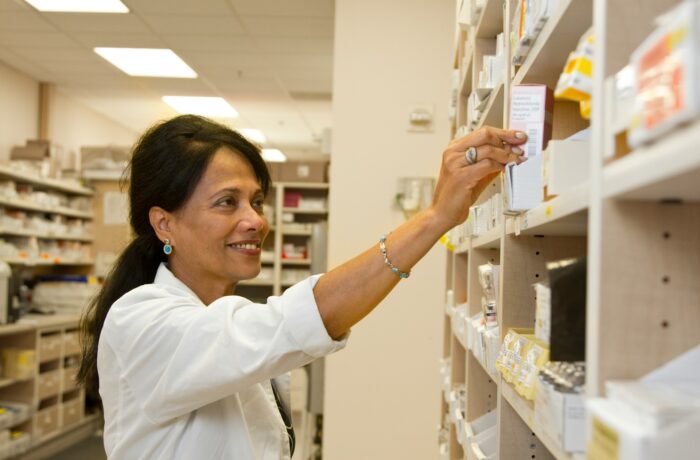Dr. Gurpreet Singh sees a bright future for healthcare following the “Meet the Expert” CCG panel session
Posted on

I think there is a very bright future and that we have the ability to solve some very real healthcare problems, following our recent meeting with the Digital Health.London Accelerator cohort of healthcare SMEs. These innovators had in-depth discussions with our panel of Commissioning experts on Monday 19 September.
We had a very productive session and covered the structure and function of Clinical Commissioning Groups (CCGs), the commissioning cycle, and the best timing for SMEs to approach CCGs to try and engage the CCG, take part in a pilot, develop traction and assist the NHS to deliver innovative solutions.
These are the seven main points that we discussed:
- Navigating and scaling up within the NHS
Our panel of experts were to hand to advise and assist the SMEs on how to navigate the honeycomb structure of the NHS, as scaling up within the NHS is a challenge. It is critical for SMEs to develop a clear value proposition, collaborate as often as possible, share ideas continuously and iterate their offering.
- Market entry
SMEs should research CCG commissioning intentions and seek out those in alignment with their potential pilots. This will assist them to develop traction, data to validate their proposition and a sound clinical evidence base. There are plenty of other opportunities as well, including with provider organisations, hospital trusts and working with general practitioners.
- GPs forming large scale federations
General practitioners are currently forming up into large scale federations, making the most of economy of scale and moving towards a seven day working week. Digital health solutions are key to helping them deliver innovation and new models of care to enhance patient care.
- Empowering patients
A whole system approach is important and any solutions that generate cost efficiencies and/or operational efficiencies need to be welcomed. It is also important for the patient that we move care closer to home.
- Commitment to digital technology
Local digital roadmaps have been developed and the NHS Five Year Forward View has made a commitment towards fully interoperable electronic health records. Digital healthcare technology will play a significant role as an enabler, to help support new models of care to improve and transform how care is delivered.
- The contract cycles are moving to two yearly
As a result of the STPs (Sustainability and Transformation Plans) currently in development to improve patient experience and come up with sophisticated solutions, contract cycles are now moving to two yearly cycles instead of one year.
- Understanding the barriers
This panel discussion was invaluable in delivering a sound understanding of potential barriers innovators may face, and how they can overcome them. We were left with a sense of optimism that there are many real opportunities within the NHS, and with the knowledge of how best to approach these.
I believe many patients will be helped through the innovations that the SMEs will deliver, and that as a result we can look to a brighter more sustainable future for the NHS.


